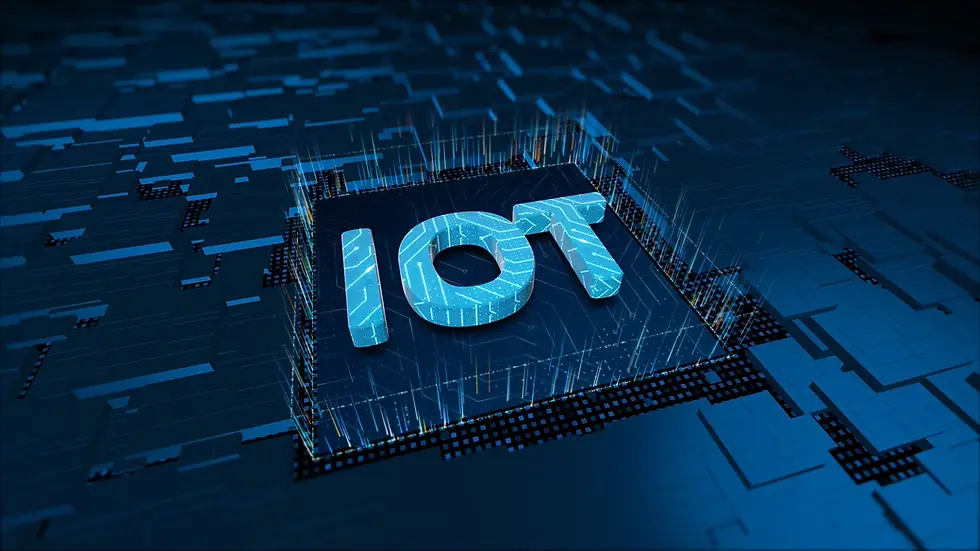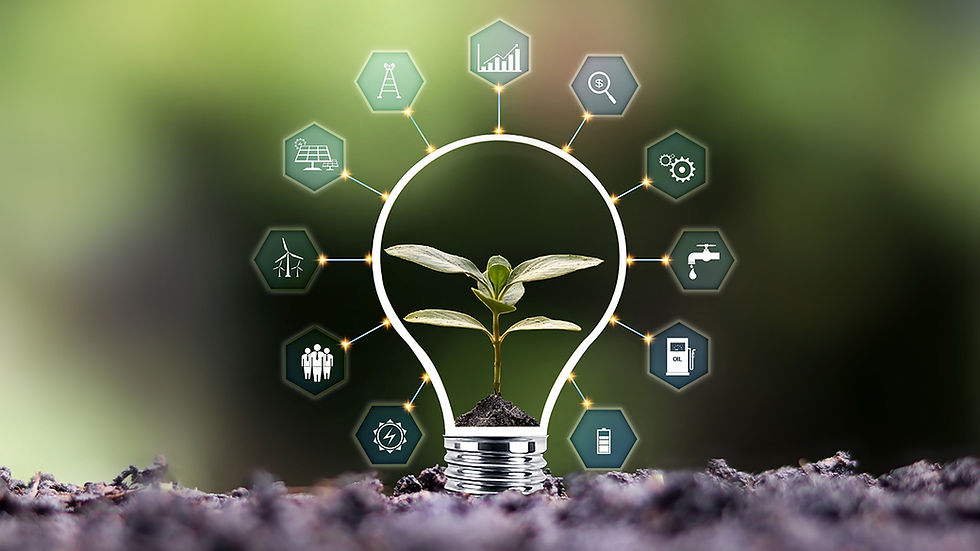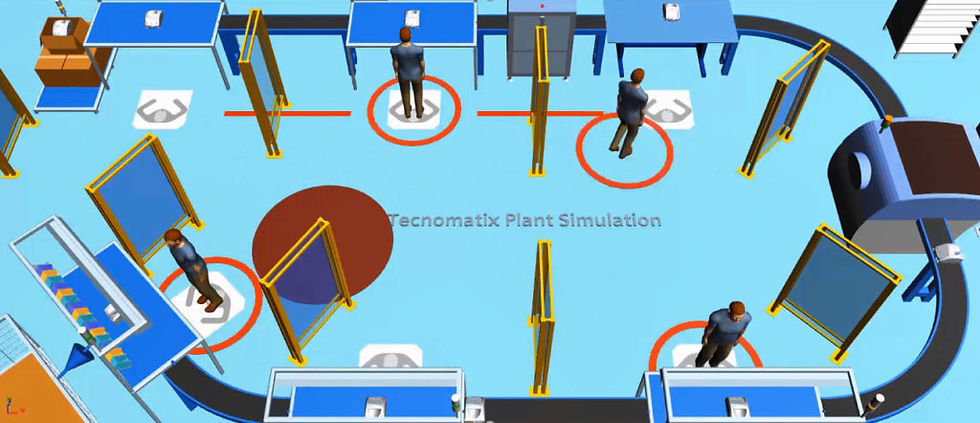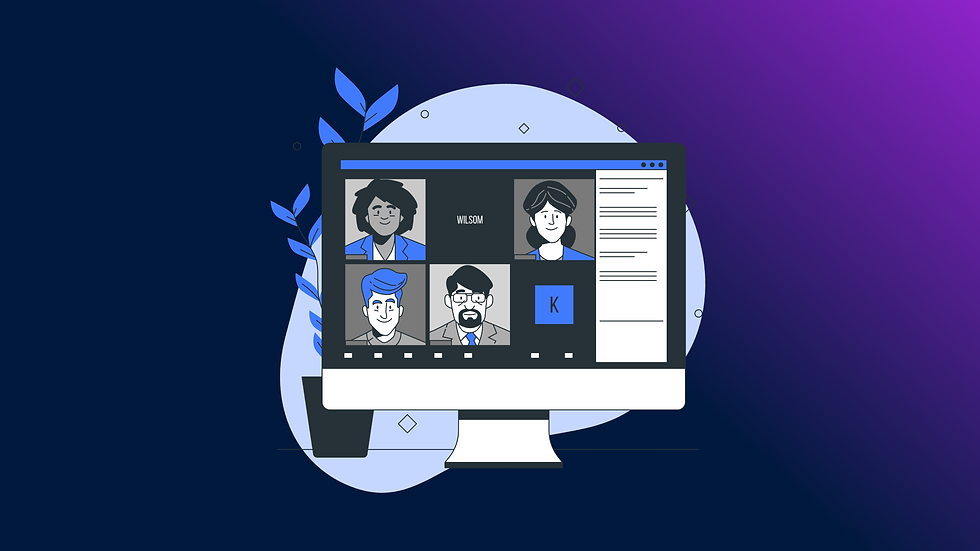Top IoT Development Trends in 2025 and Why You Need Remote Experts
- Muhammad Hassan
- Apr 22
- 5 min read

The Internet of Things (IoT) continues to redefine the way businesses operate and consumers interact with technology. As we step into 2025, IoT development is rapidly evolving, powered by emerging technologies, increased connectivity, and real-time analytics. To keep up with these advancements, businesses must embrace innovation and look to hire remote IoT developers who bring specialized skills and flexibility to the table.
This article explores the top IoT development trends to watch in 2025 and explains why tapping into remote expertise is more important than ever—especially if you're planning to implement scalable and custom IoT solutions.
1. AI-Driven IoT Applications

In 2025, artificial intelligence (AI) will play an even more integral role in IoT development. From predictive maintenance in manufacturing to intelligent traffic systems in smart cities, AI is enhancing decision-making through pattern recognition and automation.
To build smart, self-learning systems, businesses increasingly hire remote IoT developers who can integrate AI/ML algorithms with IoT devices. These experts work with large datasets, build machine learning models, and optimize them for performance on edge devices—making them essential for any AI-powered IoT project.
2. Edge Computing and Real-Time Analytics

Edge computing is gaining momentum in IoT for its ability to process data locally—on or near the devices—without relying solely on cloud storage. This trend is crucial for applications where real-time response is necessary, such as in autonomous vehicles, remote health monitoring, and industrial automation.
Businesses require experienced developers to implement efficient edge architectures. By choosing to hire remote IoT developers, you gain access to global talent skilled in edge protocols, microcontrollers, and real-time operating systems, ensuring you stay ahead of the curve.
3. Enhanced IoT Security Measures

With billions of connected devices, security remains a top concern in 2025. IoT systems are vulnerable to a wide array of threats—data breaches, unauthorized access, and malware attacks. In response, developers are focusing on:
End-to-end encryption
Secure boot mechanisms
Blockchain for decentralized security
AI-powered anomaly detection
Implementing such security frameworks requires deep expertise. Remote specialists can help by integrating these protocols into your existing custom IoT solutions, making your systems more resilient against cyber threats.
4. Interoperability and Open Standards

As IoT ecosystems become more complex, ensuring seamless communication between different devices and platforms is critical. In 2025, we’ll see a push toward more open standards like Matter, MQTT, and CoAP.
Interoperability is especially challenging when combining legacy systems with new devices. Here’s where hire remote IoT developers shine. Their diverse experience with platforms and protocols enables businesses to create unified systems without sacrificing functionality or performance.
Interestingly, even expert Drupal developers play a role in this trend—by integrating IoT dashboards and backends into web-based platforms that need modularity and scalable architecture. The synergy between web frameworks and IoT platforms is expected to deepen as businesses demand integrated solutions.
5. Sustainability and Green IoT

Sustainability is no longer a trend—it’s a requirement. IoT devices and networks are being redesigned with energy efficiency in mind. In 2025, more businesses will adopt green IoT practices, such as:
Low-power wide-area networks (LPWAN)
Solar-powered sensors
Sustainable hardware materials
Developing environmentally friendly IoT solutions requires specialized knowledge in power optimization and hardware-software integration. Many organizations now hire remote IoT developers who understand the constraints and best practices for building energy-efficient systems that meet regulatory and environmental goals.
6. Digital Twins and Simulation

Digital twins—virtual replicas of physical systems—are becoming more sophisticated in 2025. These twins are used for simulation, predictive analytics, and real-time monitoring in industries like aviation, logistics, and healthcare.
A custom IoT solution using digital twins needs accurate sensor data, efficient cloud integration, and AI processing. Remote developers with experience in simulation platforms and 3D visualization tools can help businesses capitalize on this trend without needing to build a team from scratch.
7. Voice-Enabled and Touchless Interfaces

As contactless technology becomes a standard in a post-pandemic world, IoT developers are embedding voice assistants and gesture controls into everyday devices. Think smart home systems, public kiosks, and industrial machinery—all responding to voice commands or gestures.
To implement such advanced UIs, companies often combine skills across fields. For example, while expert Drupal developers might build voice-enabled admin panels or IoT-connected content platforms, IoT engineers handle device-side logic and hardware interfacing. Collaborating with remote teams ensures you bring all the right skills together under one agile, distributed model.
Why Hire Remote IoT Developers in 2025?

As these trends show, IoT development is more demanding and multi-faceted than ever. Here’s why businesses increasingly hire remote IoT developers:
1. Access to Specialized Skills
IoT projects require expertise in hardware integration, data science, cloud platforms, and cybersecurity. Finding this range of talent locally is often challenging. Remote hiring lets you tap into global talent with niche experience.
2. Faster Time-to-Market
Remote teams can be onboarded quickly, helping you meet aggressive development deadlines and stay competitive in fast-moving markets.
3. Cost-Effectiveness
Outsourcing to remote experts in cost-effective regions can dramatically reduce your development costs without compromising on quality.
4. Flexibility and Scalability
Need more developers during a crucial release cycle? Or fewer during maintenance periods? Remote teams give you the flexibility to scale up or down as needed.
5. Around-the-Clock Development
Working across time zones allows for continuous progress, reducing downtime and speeding up product delivery.
Final Thoughts
IoT is transforming the future, and 2025 promises to be a landmark year for innovation. From AI integration and edge computing to enhanced security and sustainability, the trends demand highly specialized expertise. By choosing to hire remote IoT developers, businesses gain a critical edge—access to global talent, rapid deployment, and cost-effective scalability.
Moreover, collaboration between IoT engineers and expert Drupal developers is becoming essential as web and device ecosystems merge. Whether you’re building custom IoT solutions or looking to modernize your existing platforms, now is the time to invest in the right people and technology.
FAQS
1. What are the top benefits of hiring remote IoT developers?
Hiring remote IoT developers gives you access to global expertise, reduces costs, shortens development timelines, and offers flexibility to scale your team according to project needs.
2. How do remote developers ensure data security in IoT projects?
Remote developers use secure communication protocols, end-to-end encryption, and device authentication mechanisms to protect data across the IoT network.
3. Can Drupal developers contribute to IoT development?
Yes, expert Drupal developers can integrate IoT dashboards, manage content delivery from devices, and create web-based UIs that work in sync with IoT platforms.
4. What industries benefit the most from current IoT trends?
Industries such as healthcare, logistics, agriculture, manufacturing, and smart cities are seeing rapid adoption of IoT technologies in 2025.
5. How can I get started with a remote IoT development team?
Begin by defining your project scope, then reach out to trusted agencies or platforms that allow you to hire remote IoT developers with proven experience in your industry or technology stack.





Comments